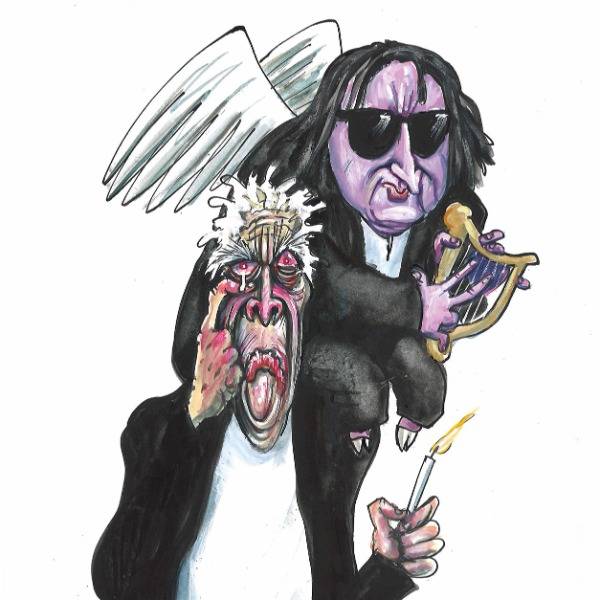I was excited (and flattered) when I heard that I’d been appointed Chief Executive of the British Humanist Association. Those sensations lasted about two minutes until reality kicked back in and I realised what a massive task I was taking on. The challenge of leading the fight for sane, rational and decent ethics in a world beset by superstition, religion and prejudice is obviously a daunting one.
I’ve been a humanist all my thinking life and none of my family was religious (except my grandmother, who was a bit religious in the same way she was a smoker – because everyone else was; she gave both up when she realised they were bad for her). On top of that, I went to very secular schools in the Midlands as a child, so it wasn’t until I went to university that I actually met people with strong religious beliefs and I was a little surprised then that people really did believe these things. This was also the highpoint of Tony Blair’s messianic period, with religion in general intruding into our public life and faith schools in particular becoming a massive issue. Not only were these new, loud voices claiming special privileges, they were also claiming that our culture was something I didn’t recognise it to be: infused by a Christian heritage in which religious identity was paramount. I realised how important it was to make a strong and organised defence of the humanist approach to life and values and I joined the BHA.
Now that I’ve become its chief executive I feel a huge responsibility to build on the BHA’s many successes. We’ve achieved an awful lot just in the past year. We’ve built a really strong coalition lobbying for reform of faith schools, which includes many religious groups, moving the debate away from the old secular versus religious turf war. We won a place for humanists in the consultative mechanisms of the BBC for the first time. We generated a lot of excitement with our Darwin anniversary celebrations; equally important was our use of the JS Mill anniversary to celebrate the liberal and humanist view of society. And we can be particularly proud of the atheist bus campaign, which was delightfully cheeky – and amazingly effective. It’s a daunting year to follow, but the great thing about 2009 is that its concrete achievements have also demonstrated that there are a very large number of people who are interested in what we do and will support us if we can reach them. The bus campaign also showed that we can use unconventional ways to get our message out there. I’d love to introduce more surprise and more fun into our promotion of humanism in the coming years.
Unfortunately, there may not be that many laughs coming our way in 2010 politically. Although Labour may not be quite so overtly God-oriented as it was under the bright-eyed Blair, many of its key figures still attach far too much importance to “faith” and there are already worrying noises about the importance of Christian values as the basis of our society coming from the Tories. The post-election landscape is difficult to predict on the issues that matter to humanists, and we will have to work hard to understand how we can best navigate it.
What I think is our most important task is the most challenging – we have to promote humanist beliefs and values as a coherent alternative to religions and as a recognisable description of the fundamental beliefs and values of most non-religious people in the UK today. In spite of all the pious mouthings of some politicians and the overweening claims of many religious leaders, there are still large numbers of people who are living their lives with humanist beliefs and humanist values. The problem is that they’re not always aware that this is the case, or that there is an organisation working on their behalf.
Why should this matter? Ordinarily, it shouldn’t. But right now, as churches especially attempt to win followers and influence, there is a creeping idea being advanced that somehow we are all really Christian under the skin. We need to assure those with humanist beliefs that what they, and many others, believe is coherent and sensible and has been the inspiration for some of the greatest ideas and achievements – moral, political, cultural and social – in human history.

